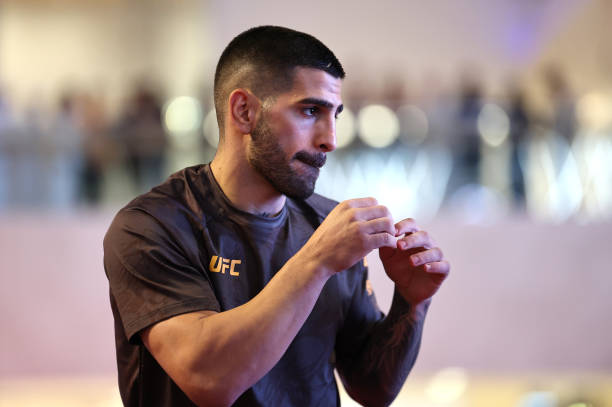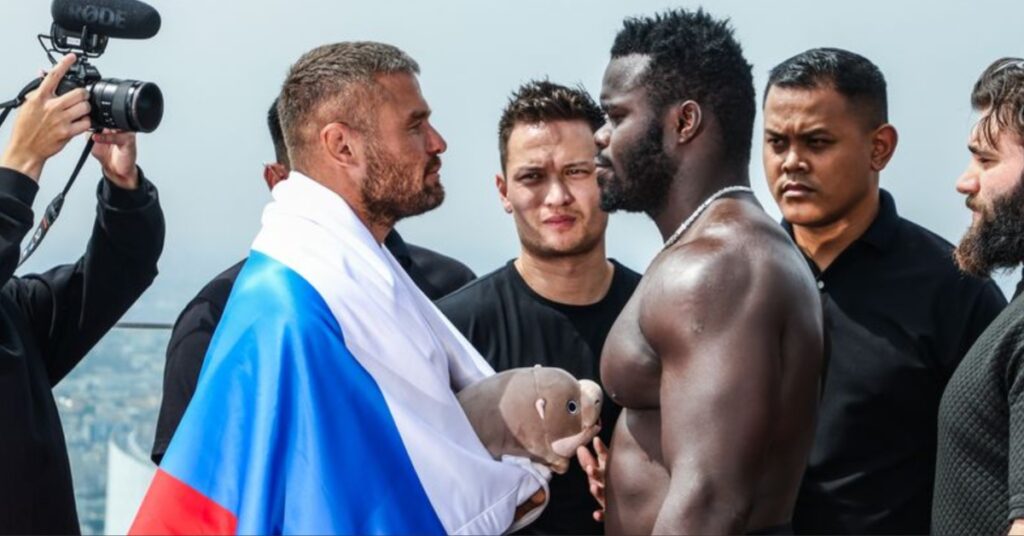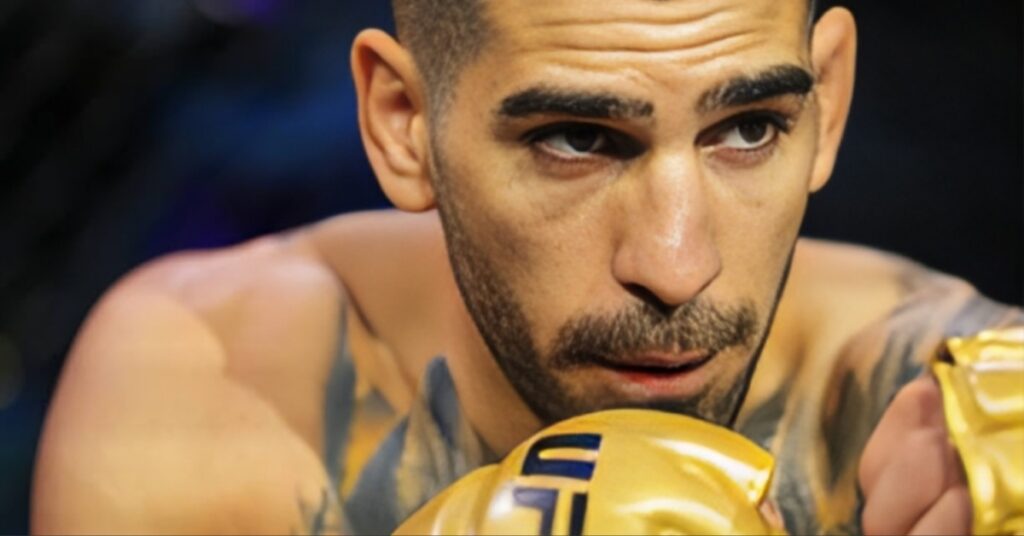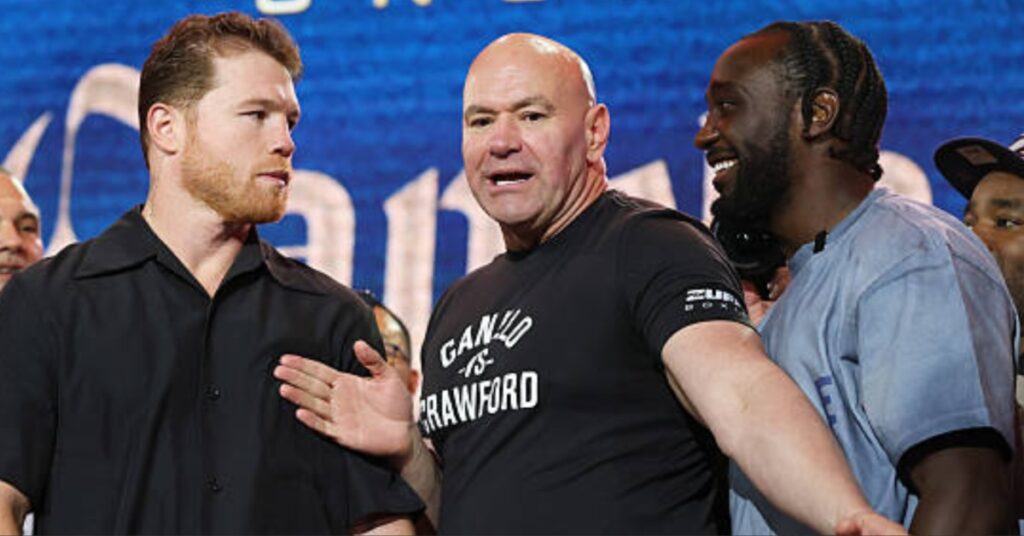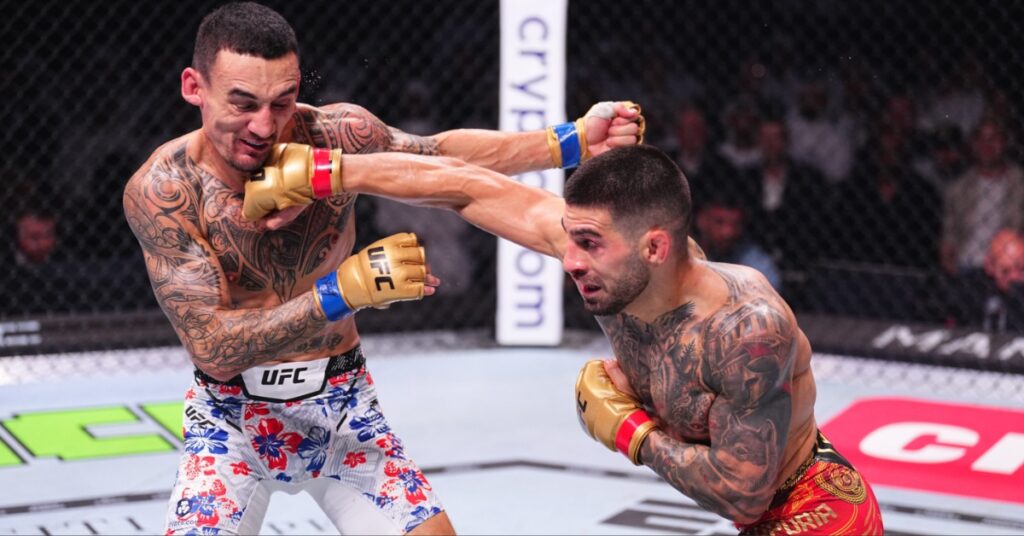UFC-Reebok Deal Is Killing Brazilian MMA
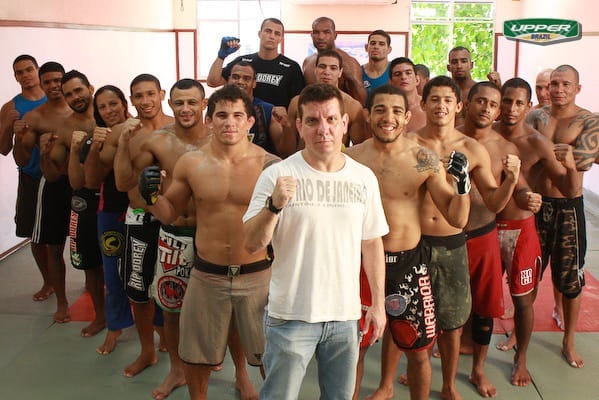
Once upon a time, fighters in the UFC relished lucrative sponsorship deals that let them brandish their fight shorts with a colorful array of high-paying sponsors.
That all went away in an instant when the UFC signed their exclusive sponsorship contract with Reebok in late 2014. Starting in 2015, fighters were no longer able to find their own sponsors to promote in the cage. Instead, they were and still are forced to wear Reebok-made uniforms and are paid a fraction of their former sponsorship money as a result.
It’s been an unmitigated disaster for most. Fighters are making far less money and the Reebok UFC line has been met with
But there are far more lasting and damaging effects than just that. A formerly thriving industry of MMA clothing allowed the apparel brands to sponsor smaller events. Now those are gone, and perhaps no place has felt the impact more than Brazil.
Brands Gone Overnight
Brazil is certainly one of the biggest hotbeds of MMA in the world. Yet the smaller promotions that gave rise to many of the country’s up-and-coming talents are now struggling to make it according to a recent report from MMA Fighting detailing the dire scene in great depth. Brazilian MMA promoter Ricardo Saldanha described how the Reebok contract has ruined regional Brazilian MMA:
”The Reebok deal hurt the Brazilian MMA scene and killed many brands,” Saldanha said. “Tapout, Venum, those brands were way stronger. They cut investment because the UFC would give them exposure and national promotions would reinforce the brand, but that can’t happen anymore. I thought they would invest in the national promotions (after the Reebok deal), but they haven’t.”
That has resulted in promoters like him not being able to promote events without any sponsors backing them. When he had clothing sponsors, Saldanha said he could take on the risk because he knew he would sell tickets. That’s not the case nowadays, he said:
”It was okay in 2016, but it got really complicated in 2017,” Saldanha says. “Sponsors were almost gone, people weren’t buying tickets. I’d take the risk many times because I knew I would be able to sell 2,000 tickets in a gymnasium, but it’s hard nowadays. You can’t risk that much if you don’t have sponsors, or you’re screwed. You do it knowing that you’ll lose money, or don’t do it at all.”
Brazil’s Economy Didn’t Help
Still, some of the
“The economy is bad,” Ismail says. “It’s a series of things. Events in Brazil are made to create talent, but one thing leads to others. With
Andre Pederneiras Weighs In
One of Brazil’s most famous names in MMA also put Brazil’s situation in perspective. Nova Uniao coach Andre Pederneiras has promoted Japan’s Shooto events in Brazil since 2003. He’s built a large training center in Rio that he’s doubled as a ‘stadium’ for the shows. The events are mainly used to showcase the talents of his rising fighters from Nova Uniao. In total Pederneiras put on 10 Shooto shows in 2018.
But he was only able to do so because of his array of successful businesses. Most promoters can’t do what he does. He knows that promoting regional events in Brazil is accepting you will lose money:
“It’
It’s a scene that doesn’t have an easy or quick fix on the horizon. The UFC’s deal with Reebok expires in 2020, but there’s no guarantee that the promotion will bring back anything resembling the old sponsorship structure.
Thanks to this harrowing view of MMA in Brazil, however, it’s clear that the restricting Reebok deal has had affects that reverberated down the entire food chain of mixed martial arts. Brazil is one of the most decorated locales of the sport, producing some of the most respected names MMA has ever seen.
If that’s to continue, it seems the country will have to pull itself out of its current slog – in MMA and overall.

